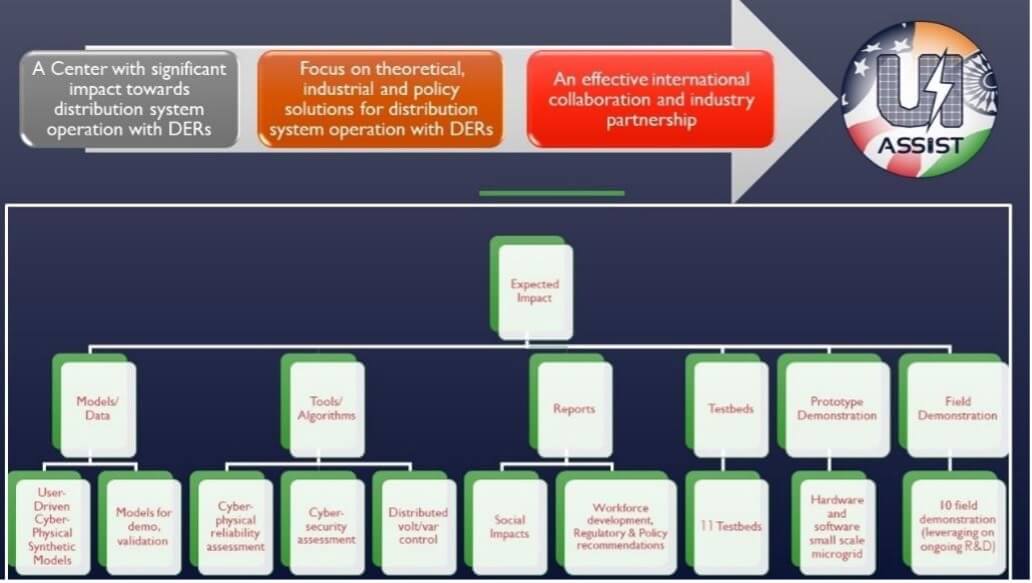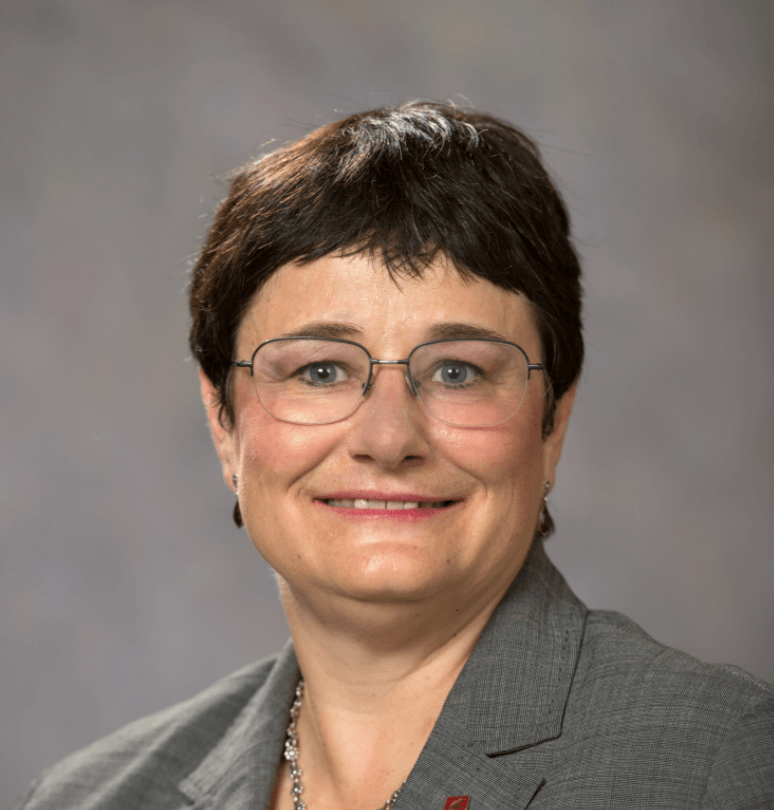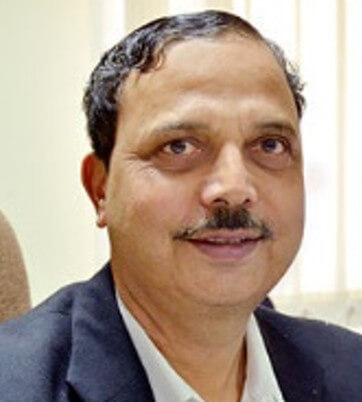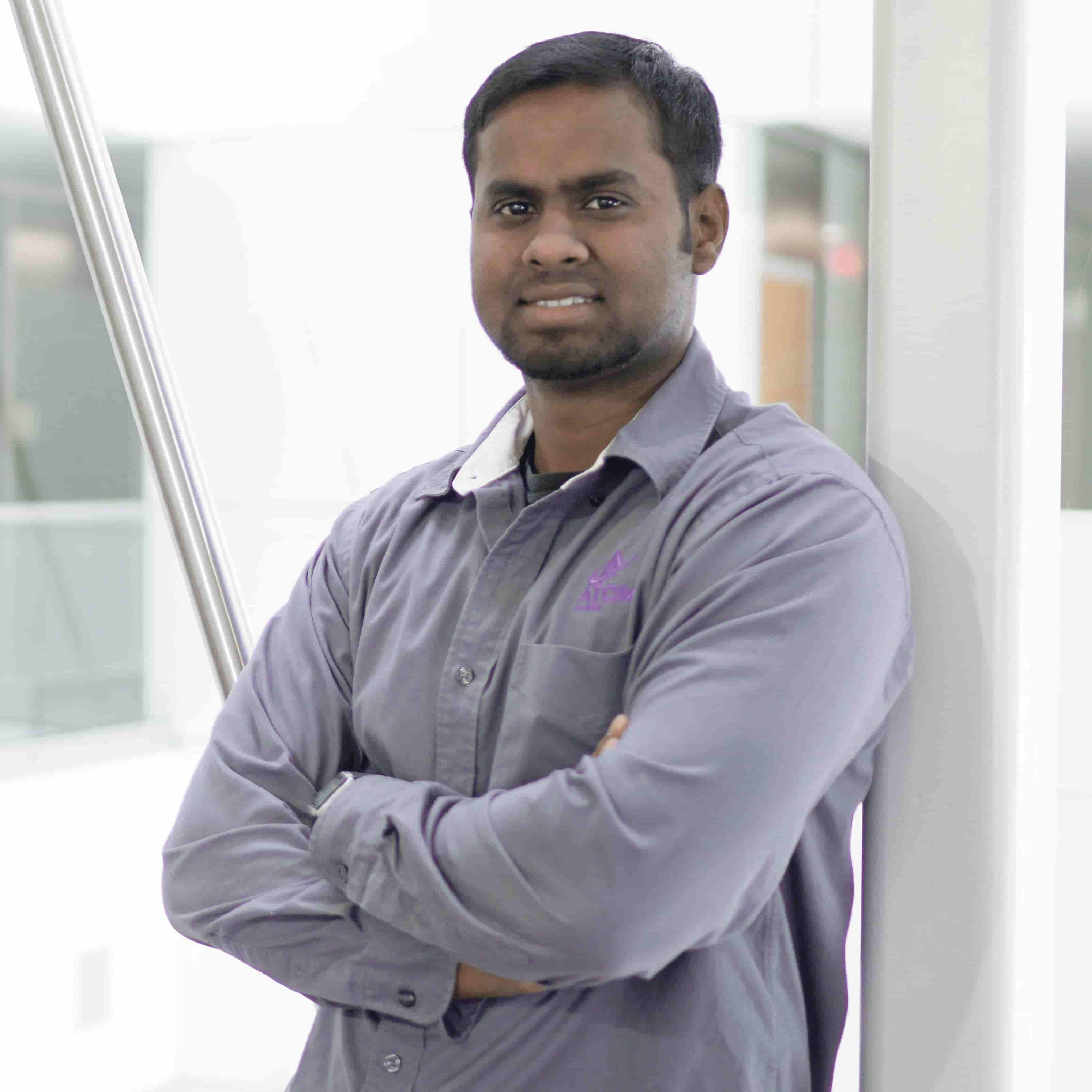Collaborations for Advanced Distribution Systems in India and US: UI-ASSIST
Written by Noel N. Schulz*, Anurag K. Srivastava*, Suresh C. Srivastava#, Santanu Mishra#, Ankush Sharma#, and Sanjeev Pannala*
How do we energize all the households in villages and hamlets in India via microgrids to provide more reliable electricity supply? How will machine learning and other AI techniques change power system modeling and operations in the United States? How do we create “greener” advanced distribution systems in both India and the US?
In 2009, the Government of India (GOI) and the United States (US) through the Indo-US Science and Technology Forum (IUSSTF) launched the U.S.-India Partnership to Advance Clean Energy (PACE). In 2010 the Joint Clean Energy Research and Development Center (JCERDC) was established within PACE to promote clean energy innovations through the cooperation of teams of scientists and engineers across the two countries. The importance of the India-US partnership for clean energy was emphasized again recently by US President Biden in a FACT SHEET from Leaders Summit On Climate1 where “Establishing a U.S.-India Climate and Clean Energy Agenda 2030 Partnership” was highlighted.
In 2017, the US-India collAborative for smart diStribution System wIth STorage (UI-ASSIST)2 was announced as the third collaborative project between Department of Science & Technology, GOI through IUSSTF and US Department of Energy under the JCERDC program. UI-ASSIST is a $30M, 5-year research project to leverage expertise in universities, national laboratories, research centers, electric utilities, and technology providers in the two countries to collaboratively develop local solutions with global impacts related to advanced green distribution systems, including microgrids, and to develop a future workforce that considers international perspectives. Figure 1 highlights the expected outcomes and impact of UIASSIST.

Fig.1. Expected Outcomes from UI-ASSIST Project
The UI-ASSIST team brings together 14 partners in India and 15 partners in the US for ambitious technology advancement goals. The project plan includes a unique pathway from research to development to lab testing to field demonstrations in the evolution of the future distribution grid that will allow increased penetration of distributed energy resources (DER) including solar, wind and storage resources and advance towards improvements in reliability, resiliency, flexibility, and sustainability of the electric delivery systems.
The Research and Developments (R&D) efforts of the project have been broken down into six key areas:
- Distribution System Modeling & Benchmark System Development
- Energy Storage Modeling and Optimization
- Microgrid and Active Distribution System
- Cyber Security and Infrastructure
- DSO (Distribution System Operations) Functions/Energy Management
- DSO – Market and Regulator Issues
Within these R&D areas, there are key collaborations, including US-US, India-India and India-US partnerships, that are combining capabilities and facilities within the team to advance the science as well as provide opportunities for cross-validation of advanced distribution system models, algorithms, and tools. UI-ASSIST used exchange programs funded with support from PACE for 13 researchers to spend time visiting multiple partners during the summer of 2019 to see facilities and advance research interactions. In the summer of 2021, using a virtual internship, students and faculty will continue these interactions.
The evolution of the cyber-physical interactions related to advanced distribution systems continues to advance as machine learning and other AI techniques are becoming critical tools for prediction and evaluation of the uncertainty in the mix of changing generation and load profiles including the impact of DER, such as solar and storage behind the meter. With enhanced digitalization and distribution automation; threat detection, mitigation and defense mechanisms considering scalability are critical and shift from cyber-security to cyber-resiliency are much needed as being addressed by the UI-ASSIST team. Solutions include cyber-power testbed with DER protocol such as IEEE 2030.5 for interdependency analysis, physics-inspired machine learning for cyber event detection, resiliency assessment metrics and cyber-power control based defense. Further to accelerate the cyber-physical co-simulation studies, synthetic feeder models are being developed by UI-ASSIST team using existing benchmark references and graph-theory driven approaches considering the standard communication network topologies.
The UI-ASSIST team has 11 testbeds across the India and US partners where lab testing of models, and hardware-in-the-loop and real-time simulations of are being used for verification and validation of R&D results. The final phase of the project includes 10 field demonstrations with partner utilities across India and the US. The field demonstrations include energizing two hamlets in a village in India with a microgrid including solar, storage and biomass; connected microgrids on university as well as R&D center campuses with various solar and storage configurations; and multiple utility microgrid and storage projects.
In addition to technical research activities, UI-ASSIST is working to document the challenges related to policy, guidelines and standards in this area and the different needs in each country. Other key outcomes include examining the social impact and acceptance of renewable energy and storage solutions for the distribution system. India and US partners are also collaborating to develop educational materials for the future workforce and training venues for existing power professionals. With the fast pace of change in technologies within the smart distribution grid space, continuing education opportunities through IEEE presentations, panels and tutorials will help share advances from the project with utility professionals facing the challenges of integrating the new technologies.
References:
- FACT SHEET: President Biden’s Leaders Summit on Climate, APRIL 23, 2021, STATEMENTS AND RELEASES https://www.whitehouse.gov/briefing-room/statements-releases/2021/04/23/fact-sheet-president-bidens-leaders-summit-on-climate/
- US-India Collaborative for Smart Distribution System with Storage (UI-ASSIST) https://uiassist.org/
Acknowledgement:
*- Washington State University Pullman
# - Indian Institute of Technology, Kanpur
This article edited by Ali Nabavi
For a downloadable copy of the July 2021 eNewsletter which includes this article, please visit the IEEE Smart Grid Resource Center.






To have the Bulletin delivered monthly to your inbox, join the IEEE Smart Grid Community.
Past Issues
To view archived articles, and issues, which deliver rich insight into the forces shaping the future of the smart grid. Older Bulletins (formerly eNewsletter) can be found here. To download full issues, visit the publications section of the IEEE Smart Grid Resource Center.




